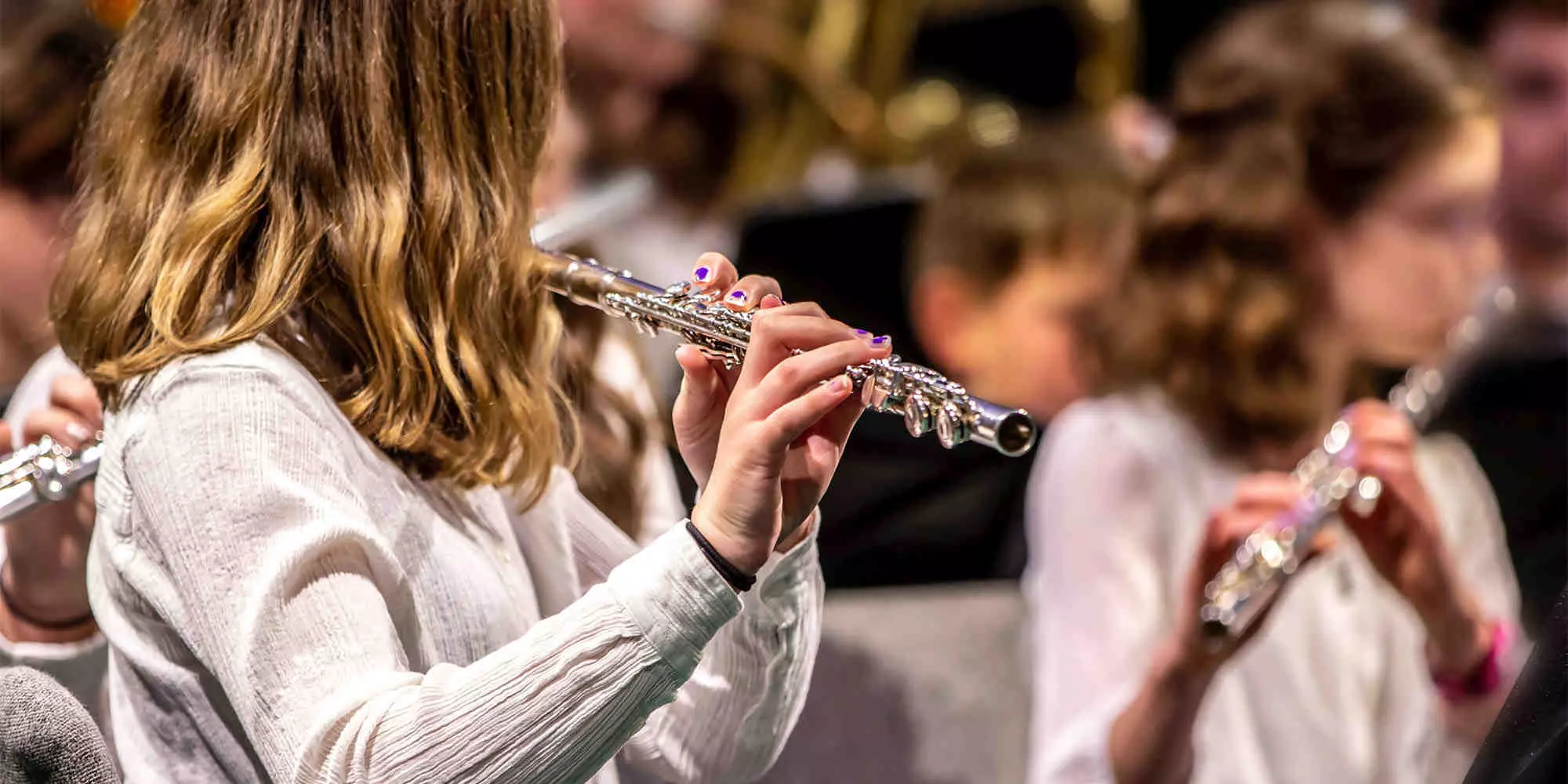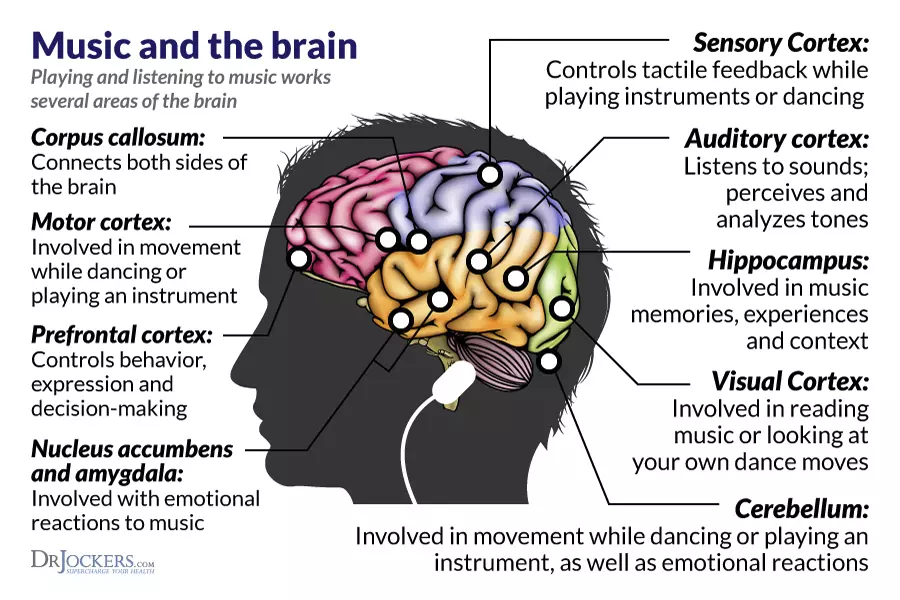Why You Should Take Singing Lessons

When my parents signed me up for singing lessons at the age of eight, I was terrified.
Although I was known to belt silly improvised songs around the house frequently, the idea of singing in front of my vocal coach, who was a stranger, was miles outside my comfort zone. I had no previous musical education, and my singing voice was horrendous.
Over time, however, I began to embrace the experience of taking music lessons. Eventually, I looked forward to each lesson, and my voice coach would challenge me with new vocal techniques. What surprised me most was how empowering it felt to explore and develop my vocal ability. Something is compelling about learning to sing and discovering what your voice can do.
You might be wondering, “Why should I take singing lessons?” And that’s a fair question. Regardless of your age, experience level, or whether or not you think you have “natural talent,” if you have a voice, you can sing.
Your Body is Your Instrument
Unlike other instruments that require equipment, the voice is built right into your body. It’s one of the most natural and accessible instruments you can use. Singing involves a complex but fascinating process where your lungs, intercostal muscles, and various resonating spaces (like your chest, throat, and nasal cavity) all work together to create sound. Everyone can make music from within their body.
For an in-depth explanation of how the human body produces vocalization, check out the video below. It breaks down the intricate mechanisms at play and highlights how fascinating the process is. In essence, your body becomes the instrument. Learning how it all functions can help you gain better control and appreciation for your voice.
You can dive deeper into the science behind it by checking out this video:
Singing Benefits the Body
It can be easy to overlook the physical benefits of learning to sing. Proper vocal technique helps improve posture by strengthening your core and aligning your spine. Better posture can reduce tension in your muscles and even relieve everyday aches and pains.
Breath control, an essential part of vocal training, also improves with regular practice. This can lead to increased lung capacity and more stable blood pressure. Just like when you hit the gym and you break down your muscles for them to grow back stronger, singing has a similar response. Singing is a physical workout, especially for your respiratory system and core muscles, and these health benefits can support overall well-being in everyday life.
Singing Exercises the Brain
Beyond the physical benefits, singing also provides cognitive benefits. Music is a multisensory experience, and the brain plays a key role in how we both perceive and produce sound. When you sing, your brain is processing pitch, rhythm, tone, emotion, and language all at the same time.
Singing is an excellent tool for strengthening memory, attention span, and creative thinking. Music activates several areas of the brain simultaneously, and it encourages the development of neural pathways related to learning, focus, and emotional regulation.
Research has shown that music and language are processed in different but interconnected regions of the brain. This helps improve communication skills and supports learning in other areas, such as reading and communication.
Figure 1: "Music and the brain." From the American University of Health Sciences
Singing Builds Confidence and Communication Skills
Singing isn’t just about hitting the right notes; it’s also how you express yourself. Through tone, volume, and phrasing, you can communicate a wide range of emotions that go beyond spoken language. A key advantage of singing is that it helps express yourself more fully and can increase your confidence, not just in music but in everyday life.
Singing also helps express feelings and thoughts more effectively. This happens because singing involves not just the words we say, but also how we say them. In the tone of our voice, the loudness, the way we stress certain words, and the rhythm we use.
Vocal training can also improve public speaking, presentations, and everyday conversation. It teaches you how to project your voice, use proper breath support, and convey meaning through tone and expression. These are valuable skills in both personal and professional settings, whether it's singing on stage or giving a presentation at work.
Singing Can Change Your Life
Singing provides a creative outlet, boosts your mental and physical well-being, and helps you connect with yourself and others. Whether you’re singing alone in your room or performing in front of an audience, there’s a sense of joy and release that comes with using your voice.
If you’ve ever felt nervous about singing in front of someone else, you’re not alone. Taking that first step of signing up for vocal lessons is something I will never regret. Check your local Long & McQuade store for professional instructors who offer custom-tailored goals based on the individual's skill level. There are a variety of teachers who teach lessons in guitar, piano, vocals, and other instruments.
The next time you find yourself singing along to a favourite song, take a moment to think about what your voice is capable of. You’re not just making music, you’re building skills that will support you mentally, emotionally, and physically for years to come.









